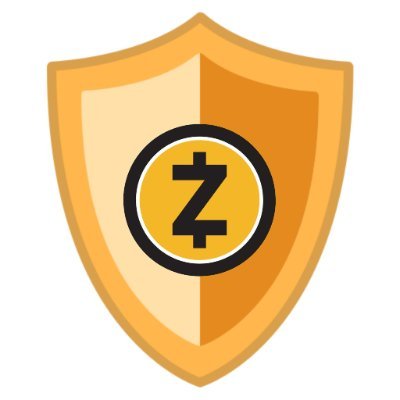So we wanna interact economically, eh?
✅ I have a solid wallet I rely on.
✅ You have one you rely on.
✅ They can interoperate to transact while protecting our interests.
That's all we need.
All L1/L2/Bridge/DEX/Defi CT noise is about plumbing.
Wallet & Asset ≫ Protocol
What I used to think of as systemic protocol properties, I now only think of "interoperability" between wallets that protect their user's interests:
- safety
- finality
- privacy
- verifiability
- permissionlessness
- censorship resistance
Assets still matter, but only the ones that impact our exchange in some meaningful way.
We *don't* have to care about the same assets with sufficiently good "plumbing".
Thought experiments to drive this home:
- I want to deposit ZEC on a CEX to sell for USD.
- I want to purchase VPN service from a vendor via ZEC, but the vendor only accepts BTC and USDt on Tron.
With @zashi_app today I can do both, while preserving my interests fairly well:
✅ Privacy: my identity or savings aren't revealed to Azarus-Lay Oup-Gray in either case.
✅ Privacy: if I do both of those examples, those two actions aren't linked on-chain anywhere.
However, my interests aren't perfectly protected out-of-the-box with @zashi_app *yet*:
✅⚠️ Intermediary Risk: for ZEC -> USDt on tron, I might manually use an instant swap service, which may reveal my IP and may allow the swap service to steal my funds in transit.
However, there's nothing preventing a future version of @zashi_app or another wallet from fully protecting me against theft for that use case by relying on a theft-proof DEX.
LESSON: my interests aren't protected better by protocols, per se. It's by wallets!
More thought experiments to drive this home:
- I want to earn yield supporting Solana security, yet I only care about ZEC price exposure.
- I want to earn yield providing liquidity for the BTC/USDt DEX pair on an exchange, but only with ZEC price exposure.
I believe it won't be long before good wallets can implement the above two use cases while preserving:
- my privacy,
- limiting financial risk.
This assumes really good "plumbing" (protocols, interop, defi/financial eng).
All possible. Lynchpin isn't proto, it's wallet.
Asset characteristics still matter and are tied to protocols. But here, the "protocol" isn't about nodes and network messages, it's about the asset's protocol: how is it issued? To whom? What enforces the rules?
Maybe it's an L1 for some, maybe it's a smart contract for another.
-but we already see, for example, the "asset protocol" of Tether involves human-layer wetware *and* Omni protocol *and* Tron protocol *and* Ethereum *and* ...
None of that plumbing matters to me. Only what my wallet can (reliably) guarantee.
Thought experiment:
Can ZEC asset protocol extend beyond just "an L1" ?
I don't know the answer, and I'm open to the answer being "yes".
So, if you are a protocol dev like me, take a slice of humble pie and admit that you are just a plumber in reality. Not a wizard granting amazing powers to users permissionlessly.
Who does that? Ultimately, it's wallet devs.
Repeat after me:
Wallet & Asset ≫ Protocol
🎬
26
7.22K
The content on this page is provided by third parties. Unless otherwise stated, OKX is not the author of the cited article(s) and does not claim any copyright in the materials. The content is provided for informational purposes only and does not represent the views of OKX. It is not intended to be an endorsement of any kind and should not be considered investment advice or a solicitation to buy or sell digital assets. To the extent generative AI is utilized to provide summaries or other information, such AI generated content may be inaccurate or inconsistent. Please read the linked article for more details and information. OKX is not responsible for content hosted on third party sites. Digital asset holdings, including stablecoins and NFTs, involve a high degree of risk and can fluctuate greatly. You should carefully consider whether trading or holding digital assets is suitable for you in light of your financial condition.

